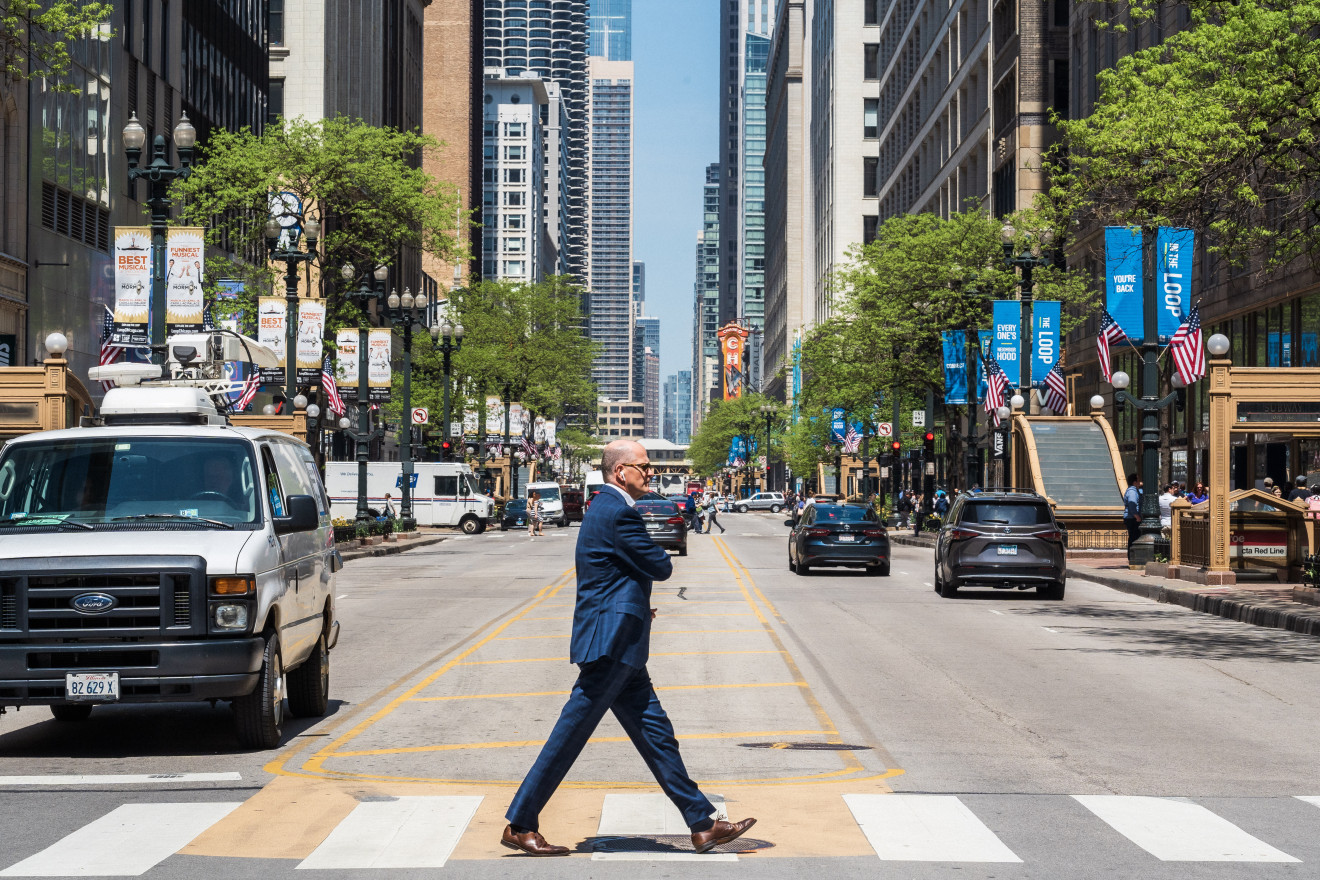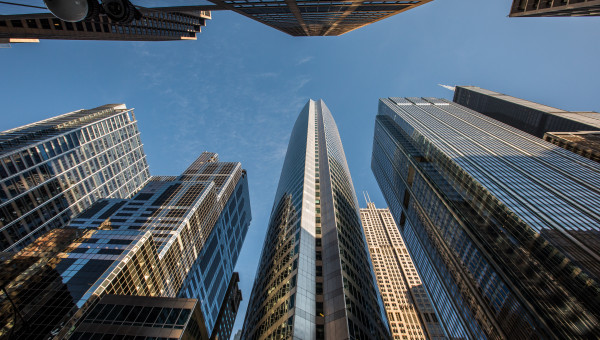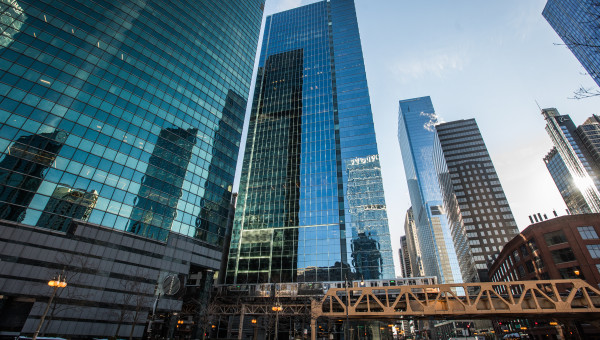Posted 10 months ago in Trending
2 MIN READ – “Chicago is a hub where people want to be.” Shore Capital Partners CEO is betting big on the Loop. Read an excerpt from a Crain’s Chicago Business article written by Steve Daniels and Danny Ecker on the rationale of adding more square footage to the private-equity firm’s office space.
Read the following excerpt from Crain’s Chicago Business article written by Steve Daniels and Danny Ecker:
Justin Ishbia’s firm has added a new floor to its office at 1 E. Wacker Drive, a nearly 16,000-square-foot expansion that brings its new footprint in the tower to around 55,000 square feet, Shore Capital Partners confirmed. The deal reinforces Shore Capital's status as the 41-story tower's largest tenant and extends its lease in the building by roughly three years through early 2033.
The move belies the COVID-19 pandemic-fueled trend of companies shedding office space as they embrace the remote work movement. Downsizing tenants have pushed downtown office vacancy to an all-time high, setting off a historic wave of distressed properties and gutting the vitality of the central business district.

For Shore Capital, meanwhile, remote work has never been a long-term option. The company returned to regular in-office work just a few months into the public health crisis and has seen its Chicago workforce quadruple since then, prompting the need for more room, Ishbia said. Shore Capital now employs about 120 in Chicago, up from 30 in July 2020 when Ishbia summoned employees back to the office.
“It’s really hard to grow a business where people who are new aren’t embedded in the office,” Ishbia said in an interview.
Adding to the all-hands-on-deck emphasis is Shore Capital’s business model, which emphasizes much more dealmaking than the average private-equity firm. Ishbia says Shore Capital has bought about 600 companies in the past three years at an average of about $12 million per deal. That’s a rate of almost a deal per business day…
Ishbia isn’t joining in the business-community jitters over the future of downtown Chicago, still not back to normal activity more than three years after the pandemic hit. He sees Chicago as a magnet for younger workers, referencing people he’s hired who moved from California, Texas and Michigan, among other places. Give the downtown recovery time, he says.
“We believe it will come back,” he says. “Chicago is a hub where people want to be.”



